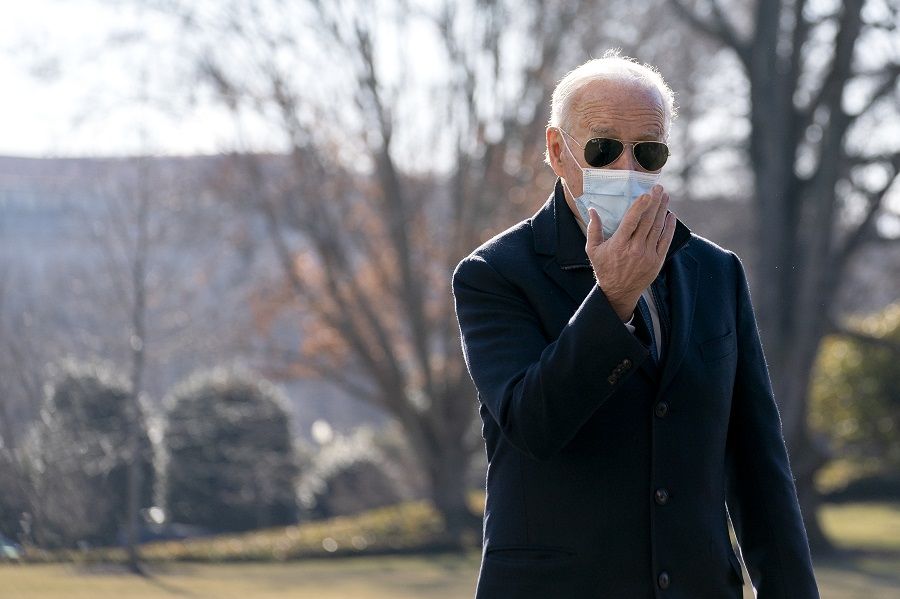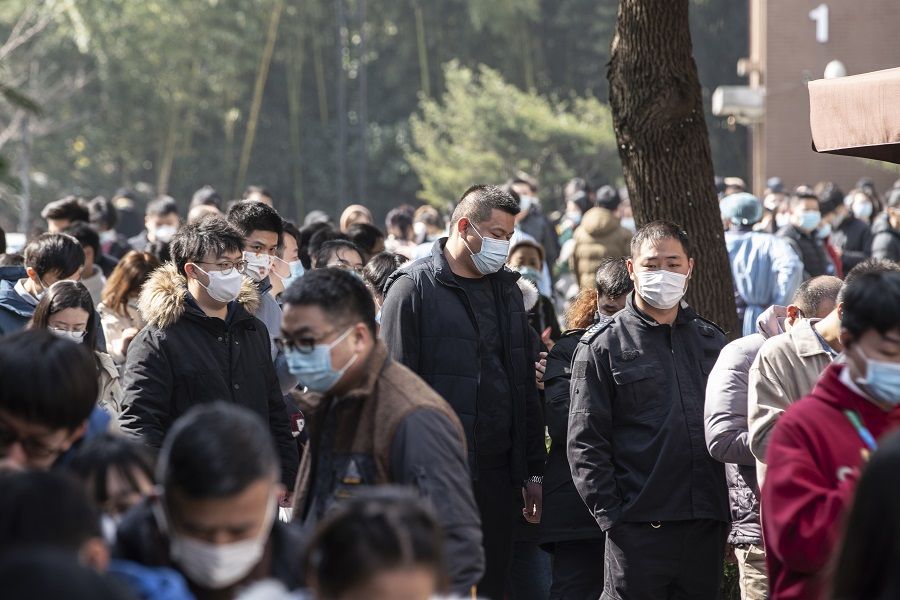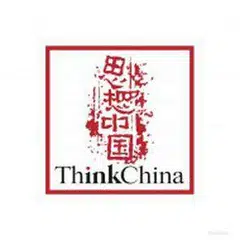US-China relations lost these 'five traditions' over the past 40 years

With the new administration in place, the US's policy directions are gradually taking shape. Unsurprisingly, internal affairs are given top priority while "strategic patience" is applied to international matters.
At the top of the US's domestic agenda is controlling and eradicating the Covid-19 pandemic as soon as possible. Notably, without the crucial factor of the pandemic, it would have been a big question mark as to whether Biden could have defeated former US President Donald Trump in last year's elections. The pandemic is a double-edged sword in this sense - on one hand, it allowed Biden to win as it showed Trump's failings. But on the other hand, the hot potato is now in Biden's hands and he has to make sure that he deals with the crisis well.
Of course, American society faces another problem of political polarisation between the left and right. But this problem has persisted for a long time and is hardly surprising. The country's top leader must strive to bridge differences rather than exacerbate division. Only then can the US gradually heal itself and get back on track again.
As a veteran politician, Biden holds a generally moderate political stance. Coupled with checks and balances afforded by a separation of powers into three branches of government, I believe that Biden will be able to make significant strides in mending America's political and social divide.
... unlike the former Trump administration's often erratic and confusing series of attacks on China, Biden would be calmer, less likely to act in haste, and give more thought to the US's China policy.

On the international, diplomatic, and national defence fronts, the Biden administration has clearly set out two major strategies: one, to return to an emphasis on coordination and cooperation with traditional allies, keep to its global blueprint and tone down on "America First"; and two, to adopt a policy of "strategic patience" with its main competitors like Russia and China such that it would only strike when the opponent makes a move.
This implies that, unlike the former Trump administration's often erratic and confusing series of attacks on China, Biden would be calmer, less likely to act in haste, and give more thought to the US's China policy.
Trust once lost is hard to regain
But it is obvious that Biden does not intend to contest the previous administration's refreshed view of the Chinese Communist Party or its China strategy. Instead, Biden plans to build on its foundations and gradually supplement them with his own strategic thoughts and plans. These tenets would set the direction of US-China relations in the next few years.
Thus, China has to understand that this marks the end of the "five traditions" or givens it had assumed in China-US relations over the past 40 years.
First, the major paradigm shift in the US's strategic view of China. What was initially a hope for harmonious coexistence and even co-governance has evolved to the current view that "Beijing is now challenging our security, prosperity and values in significant ways" as described by White House spokeswoman Jen Psaki. This signals the end of the positive interactions that China and the US has enjoyed over the past four decades. China-US relations are set to be tense and confrontational once again.
... the hope and anticipation that US political and academic circles had for China's political reform and opening up, particularly under the current regime, is gone.

Second, the hope and anticipation that US political and academic circles had for China's political reform and opening up, particularly under the current regime, is gone. This positive to negative shift is of great importance and would be a fundamental starting point when studying or making decisions on China policy.
Third, the US's trade demands and balancing measures towards China will no longer be generous, understanding, and tolerant like it was in the past. A key policy focus of the Biden administration would be achieving a trade balance with China and ensuring that the latter fulfils its promises. Additionally, these have to be done more effectively than the previous administration. Otherwise, it would be tantamount to admitting that their policies are inferior to Trump's, which could erode both the political reputation of and the public support for the Biden administration.
Fourth, the US's initial mild resistance to and even limited cooperation in the development of China's military power has now turned into a "zero-sum confrontation". That is, everything is tit-for-tat and no one wants to give an inch of ground. From the Senkaku/Diaoyu Islands in the East China Sea to the Taiwan Strait and disputed islands in the South China Sea, as well as strengthening the role of Guam's military bases to joint operations with Japan, India, and Australia, the US's "island chain strategy and regional containment" of China has been comprehensively implemented. The focus and strength of the US's military strategy is clearly tilting towards the Indo-Pacific region.
In any case, China's hard-earned positive cultural image and trust that it has built up with the US and the West since the days of its reform and opening up are ruined.

Fifth, the US firmly believes that today's China is dominated by the Communist party culture and that its motivations, intentions, propaganda, and behaviour are hostile towards the US. They think that China' basic values and positions are very different from that of the US, and even involve threats of espionage, theft or co-optation through its "overseas United Front" network. In any case, China's hard-earned positive cultural image and trust that it has built up with the US and the West since the days of its reform and opening up are ruined. Restoring and rebuilding what has been lost is easier said than done.
Judging from the new trend in China-US relations, possible scenarios in the next few years could be summed up in the phrase "cold peace". Hostility, confrontation, and distrust would certainly turn relations between both countries "cold". But considering the fact that both sides are unwilling to wage war, and still have the desire to maintain a certain degree of trade with each other, peace is still a possibility.
